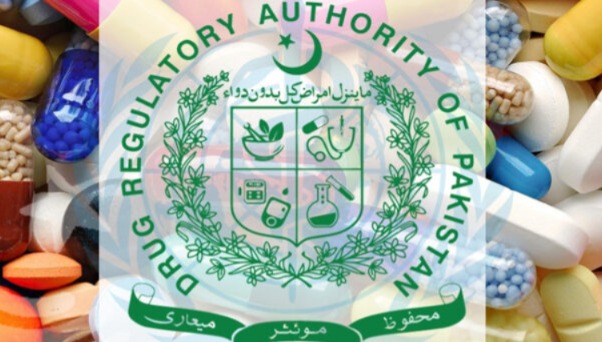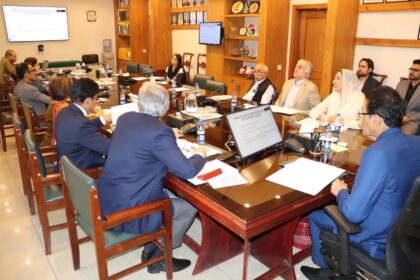Pakistan’s Pharmacy Sector Under Fire as Parliament Exposes Widespread Regulatory Failures
Nadeem Tanoli
Islamabad: The Ministry of National Health Services, Regulations, and Coordination (NHSR&C) is facing sharp criticism following a National Assembly inquiry that laid bare systemic failures in regulating pharmacies across Pakistan. The inquiry, triggered by a starred question from MNA Shagufta Jumani, revealed widespread violations—ranging from unlicensed operations and unsafe drug storage to the rising circulation of unregistered and spurious medicines—posing serious risks to public health.
The ministry admitted that most pharmacies in Pakistan lack temperature-controlled storage and refrigeration, a critical requirement for preserving the efficacy of temperature-sensitive drugs. It further acknowledged that many outlets operate without valid licenses or qualified pharmacists, and that essential medicines are often stored in direct sunlight or alongside non-medicinal consumer products—practices that violate safety protocols and undermine public trust in pharmaceutical retail.
While the federal government attempted to deflect responsibility by highlighting that pharmacy regulation is primarily a provincial matter under Section 6 of the Drugs Act, 1976, it also referenced efforts by the Drug Regulatory Authority of Pakistan (DRAP) under Section 7(t) of the DRAP Act, 2012. These efforts include issuing guidelines on Good Distribution Practices and Cold Chain Management. However, enforcement remains inconsistent, particularly in provinces where health oversight is either fragmented or under-resourced.
Despite DRAP’s claims of proactive pricing reforms—such as slashing the MRPs of 89 drugs in 2018, lowering prices of Remdesivir during the pandemic, and issuing a series of Statutory Regulatory Orders through 2023—these policy measures have not translated into visible improvements in regulation or enforcement. Data obtained from the Pharmacy Services and Drug Control wing paints a grim picture: from 2020 to 2024, only 45 pharmacy licenses were suspended or canceled out of 4,402 inspections conducted nationwide.
In the same period, 230 drug samples were collected, with just 27 found substandard or falsified, and only 91 prosecutions were approved. The recovery of unregistered and spurious medicines also appears grossly underreported, with only 112 unregistered drug cases and a mere 3 spurious drug cases recorded between January 2020 and May 2025. FIRs remain minimal, with only 8 filed in five years—including 6 in 2025—suggesting delayed or symbolic enforcement rather than a sustained crackdown.
Healthcare experts have condemned the figures as indicative of a dangerously weak regulatory regime. They highlight the lack of mandatory pharmacist presence at retail outlets, inadequate cold chain infrastructure, and the absence of robust deterrents against violators as evidence of a system that lacks both urgency and capacity to protect consumers.
The inquiry has now prompted renewed pressure from lawmakers who are demanding immediate reform. They are calling on DRAP and provincial health departments to strictly enforce mandatory licensing, pharmacist supervision, and compliance with temperature-controlled storage regulations at all pharmacy outlets. With public health increasingly at stake, the government is under growing scrutiny to address the regulatory vacuum before the damage becomes irreversible.












